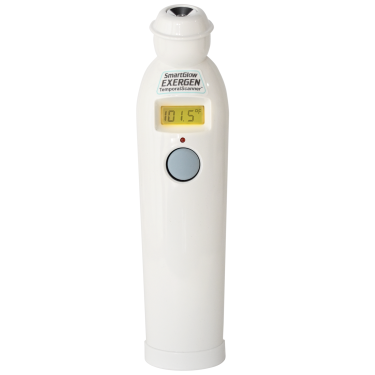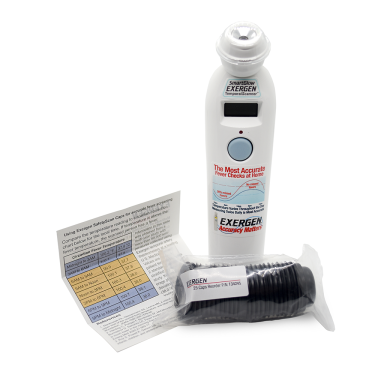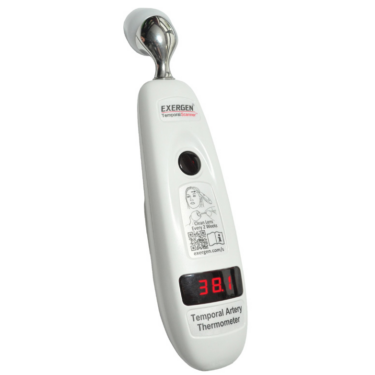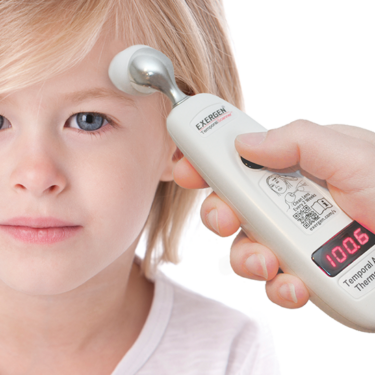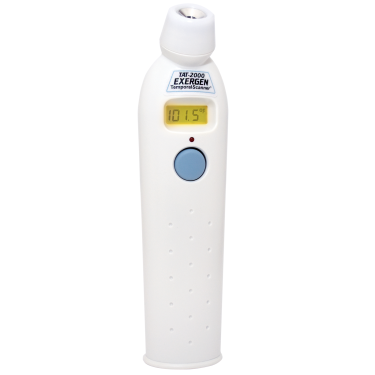Here’s What Might Be Going On
Ever feel like you’re melting while everyone else seems perfectly comfortable in warm weather? You’re not imagining things and you’re not alone. If the heat leaves you dizzy, drained, or drenched in sweat (or not sweating at all), it could be a sign of heat intolerance.
What Is Heat Intolerance?
Heat intolerance means your body doesn’t handle warm temperatures the way it should. You might feel uncomfortably hot even when it’s only mildly warm, or notice that you sweat way more or way less than others. Both extremes can be dangerous.
People with heat intolerance are more likely to get dehydrated, overheat, or even suffer from heat exhaustion or heatstroke. And for those with chronic conditions like multiple sclerosis, diabetes, or heart disease, the heat can make symptoms worse—and more serious.
Common Signs of Heat Intolerance
Everyone’s experience is a little different, but some of the most common signs include:
- Feeling too hot even when it’s not that warm
- Sweating excessively or not sweating at all
- Feeling lightheaded, nauseous, or dizzy in the heat
- Mood changes or irritability when it gets hot
- Muscle cramps or heat rash
Some people also struggle with cold intolerance, which just means their body has a tough time keeping a stable temperature in general.
When It’s an Emergency
Call for immediate medical help if someone:
- Stops sweating in the heat
- Has a body temperature over 103°F (39.4°C)
- Seems confused, passes out, or loses consciousness
These could be signs of heatstroke, which is a medical emergency.
What Causes Heat Intolerance?
A common cause is dysautonomia, a condition that affects the autonomic nervous system the part of your body that controls things like sweating and temperature regulation.
Other possible triggers include:
- Medical conditions: like thyroid disorders, MS, Parkinson’s disease, or diabetes
- Medications: such as antidepressants, diuretics, or antihistamines
- Age: young kids and older adults are more vulnerable
- Low fitness levels: which can affect how well your body handles heat
So, What Can You Do?
There’s no one-size-fits-all fix, but managing heat intolerance usually means treating the root cause whether that’s adjusting medications, improving fitness, or managing a medical condition. In the meantime, there are some practical ways to stay cool:
- Drink plenty of water
- Wear light, breathable clothes
- Use fans, cooling towels, or air conditioning
- Avoid alcohol when it’s hot
- Stay inside or in the shade during peak heat
- Let your body gradually adjust when moving to a warmer climate
It can also help to keep an eye on your body temperature with tools like the Exergen TempoTherm or TAT-2000C Temporal Artery Thermometer. These give quick, non-invasive and most of all – accurate temperature checks, which can be especially helpful if you’re trying to stay ahead of overheating.
If you feel sick from the heat while others are just fine, don’t brush it off. Your body may be telling you something important. Talk to your doctor and take steps to keep yourself cool and safe. Your health is worth it.
Source,
- Medical News Today, https://www.medicalnewstoday.com/articles/325232#:~:text=People%20with%20heat%20intolerance%20may,as%20intense%20sweating%20or%20anxiety
Exergen P/N 850458
